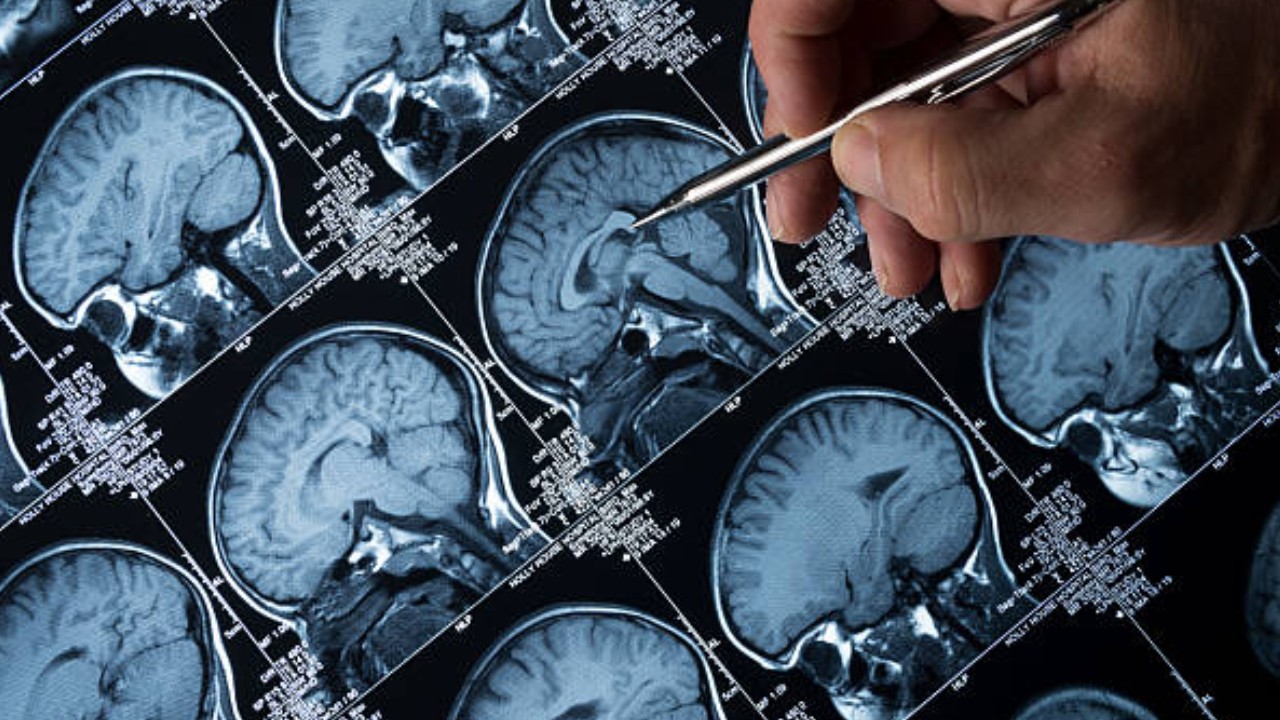Fitness
Brain aging: Expert explains causes and how to reduce impact of degeneration – Times of India

Brain ageing is an irreversible process, and disease-free brains among older populations are rare, one in 10 ≥ 65 years old people have AD .It is a complex process influenced by various factors, including genetics, lifestyle, and environmental factors.
The nine-biological hallmarks of ageing have been broadly categorized into primary, antagonistic, and integrative.
The nine-biological hallmarks of ageing have been broadly categorized into primary, antagonistic, and integrative.
- Primary hallmarks of ageing include genomic instability, epigenetic alterations, telomeric attrition, and the loss of proteostasis.
- Antagonistic hallmarks refer to compensatory responses to primary damage associated with ageing, including mitochondrial dysfunction, cellular senescence, and the downregulation of nutrient sensing.
- Integrative hallmarks are the results of cumulative damage of primary and antagonistic hallmarks and include stem cell exhaustion and altered intercellular communications.
Causes of brain aging
- Oxidative stress: Accumulation of free radicals over time can damage brain cells and impair function.
- Inflammation: Chronic inflammation in the brain can accelerate the aging process.
- Genetics: Family history can influence susceptibility to certain age-related brain conditions.
- Lifestyle factors: Poor diet, lack of exercise, stress, and inadequate sleep can contribute to brain aging.
- Environmental toxins: Exposure to pollutants and toxins can harm brain health over time.
Ways to reduce the impact of brain aging
- Healthy diet: Eat a balanced diet rich in antioxidants (fruits, vegetables), polyphenols, long-chain fatty acids, including n-3 polyunsaturated fatty acids (PUFAs), eicosapentaenoic acid (EPA), and docosahexaenoic acid (DHA) (fish, nuts),olive oil, high protein diet and low in processed foods and sugars.
- Regular exercise: Physical activity improves blood flow to the brain, promotes neuroplasticity, and reduces the risk of cognitive decline.
- Mental stimulation: Engage in activities that challenge your brain, such as puzzles, learning new skills, or socializing.
- Adequate sleep: Quality sleep is crucial for brain function and repair. Aim for 7-9 hours of sleep per night.
- Stress management: Chronic stress can accelerate brain aging. Practice relaxation techniques like meditation, yoga, or deep breathing exercises.
- Social connections: Maintain relationships and social interactions, which can support brain health and reduce the risk of cognitive decline.
- Brain exercises: Use apps or games designed to improve cognitive functions like memory, attention, and problem-solving.
- Limit alcohol and avoid smoking: Excessive alcohol consumption and smoking can accelerate brain aging and increase the risk of dementia.
- Medical check-ups: Regularly monitor and manage conditions like hypertension, diabetes, and cholesterol levels, as they can impact brain health.
- Brain-boosting supplements: Consult with a healthcare professional about supplements like vitamin B12, vitamin D, or fish oil, which may support brain health.
By adopting these lifestyle habits, you can help mitigate the impact of brain aging and promote long-term cognitive health. Regularly reassessing your lifestyle choices and making adjustments as needed can further support brain function as you age.
(Author: Dr. Bharath Kumar Surisetti , Consultant Neuro Physician and Movement Disorder Specialist, Yashoda Hospitals Hyderabad)
end of article
Continue Reading










